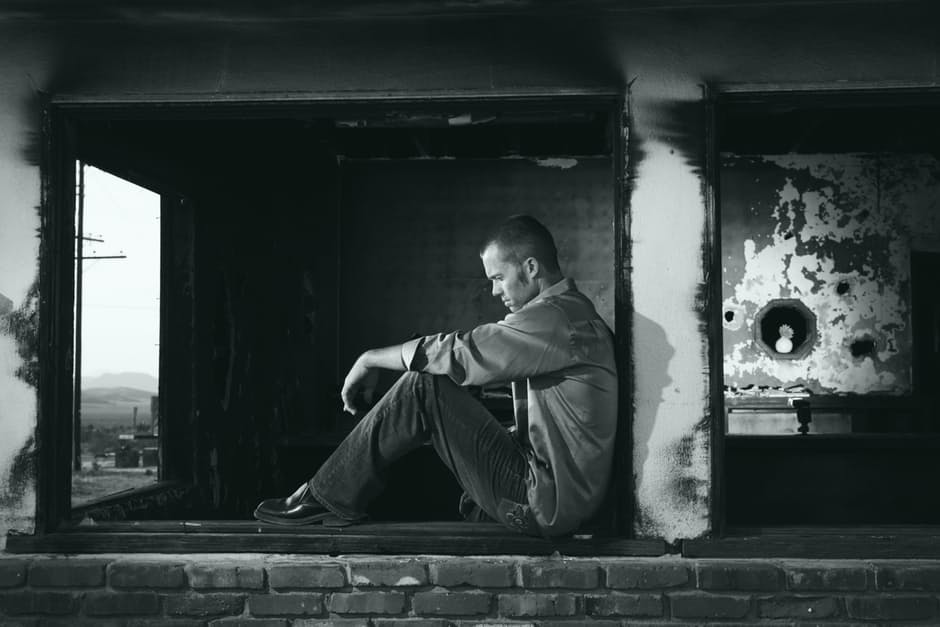
By Laura Conaghan, Health & Wellbeing Editor (@LauraPB)
Suicide is the biggest killer of men between 20 and 49. The harrowing statistics eclipses road traffic collisions, coronary heart disease… even cancer. We, as humans, are killing ourselves more than anything else.
6,000 lives are lost to suicide in Britain each year, 75% of whom are male. This is not ok. As a society, we cannot accept that this is so.
The issue, sadly, is one that is all too close to my heart. I want to stress that this is by no means a ‘how to’ article that will explain how suicide can be stopped, no-one has that answer. My intention is to bring to light that male suicide is occurring at an alarming rate and we need to reach out to those who might be hurting.
Mental health, particularly amongst men, is not getting the attention that it warrants. Woman are far more likely to talk about their problems and seek the help that they need whereas men are more inclined to internalise their anxieties and worries. Stereotypical forms of masculinity dictate that men are not to talk about their problems, perish the thought that they would, threatening the very foundation of what it means to be a man. Men are big, they are strong, they are told to ‘soldier on’. Men’s brains have been conditioned from birth to not talk about their problems, they are to be physical strong and emotionally silent.
Men talking about how they feel has become a social taboo that is costing us the lives of our sons, our husbands, our brothers. As someone who has suffered from depression I can say that whilst talking is by no means a solution to your problems, it allows you to shift the weight of them, vocalise them and sooth the internal turmoil.
‘Are you ok?’ is a question that is asked fleetingly in conversation, but how many of us truly ask the question expecting, even wanting, an honest answer? We hear people speaking to us but are we really listening?
Male suicide is a growing crisis, but it is a silent epidemic that we need to start shouting, stamping, crying and screaming about. How can this be happening under our very noses but so little attention is being directed towards it? WHY ARE WE ACCEPTING THIS?
I am not here trying to undermine that we don’t pay enough attention to those around us, those we love… suicide is complex, something that no one but those suffering from the thoughts can understand. However, the reality is men are suffering, captured by thoughts, worries and anxieties that they are reluctant to communicate.
There is no scientific formula that will solve the problem, no algorithm is available to us. It is time we take responsibility, as human beings, and start being kinder, nicer and more gentle towards one another.
Necessary attention of male suicide needs to be continuous, not just in the immediate aftermath of a tragic event.
Asking someone if they are contemplating suicide, if they have contemplated suicide, will not make them do it. It is time to start talking, it is time to start asking if someone is ok and wanting a real and honest answer, it is time that we are not afraid to dig deeper.
I have known one too many people who have done so, female and male alike.
If you’re reading this now and the thoughts are there, the feeling like you can’t reach out… I implore you to talk.
You are not alone.
Campaign Against Living Miserably (CALM) has both a helpline for young men and a website: 0800 58 58 58.
Samaritans are a 24-hour service available, 365 days of the year: 116 123
If you do not wish to communicate directly to another person, you can always email jo@samaritans.org.
PAPYRUS is a voluntary organisation supporting teenagers and young adults feeling suicidal: 0800 068 41 41
So, are you ok?

